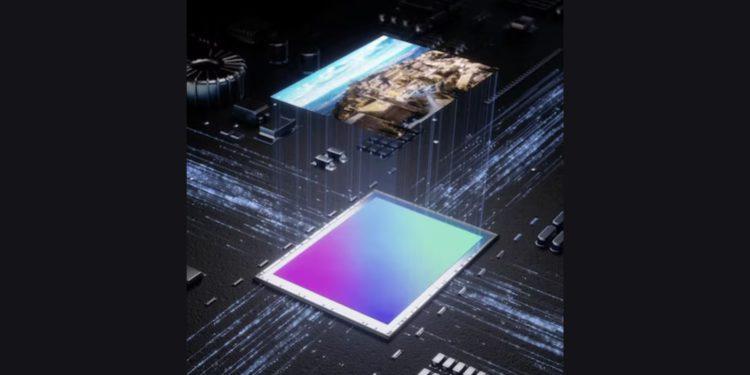Samsung plans to transform its camera sensors by integrating artificial intelligence directly into dedicated chips. Referred to as “Humanoid Sensors” within Samsung, this initiative aims to infuse AI capabilities into the company’s camera image sensors.
The goal is to develop sensors that capture visible elements and replicate human senses, a long-term vision Samsung hopes to realize by 2027. This integration is anticipated to bring advanced features and capabilities to Samsung devices with sensors that can sense and interpret the invisible.
The endeavor involves enhancing AI capabilities within the camera sensors, enabling them to capture details beyond the visible spectrum. Although the specifics of the invisible details remain undisclosed, Samsung’s previous innovations, such as introducing the third 200MP sensor and the Zoom Anyplace technology, provide a glimpse of the potential.
Zoom Anyplace, for instance, utilizes AI to facilitate simultaneous 4K recording of both full-frame and zoomed-in parts of the frame, showcasing the power of AI-driven advancements in imaging technology.
SK Hynix, another South Korean chipmaker, also made strides in this direction by unveiling its camera sensor, which is equipped with an integrated AI processing chip, during its Tech Summit in 2023.
While smartphone cameras with specialized features, such as FLIR thermal cameras and sensors capturing fluorescent photos, have been witnessed in the market, The company’s pursuit of incorporating AI into its camera image sensors aims to process data at the sensor level rather than routing it through the CPU.
This shift in processing could unlock diverse possibilities, with Samsung envisioning sensors that not only exceed the conventional megapixel range but also replicate human senses, possibly reaching up to 500 to 600 megapixels, mimicking the capabilities of the human eye.
Diverging from the conventional approach where camera sensors relay information to a device’s CPU for image processing, the integration of AI into camera sensors entails a dedicated chip with AI capabilities, enabling direct data processing at the sensor level. This shift is anticipated to enhance image quality, reduce latency, and lower power consumption. Additionally, it holds the potential to advance facial and object recognition capabilities, ushering in improvements in overall camera performance.
While integrating AI into camera sensors aligns with Samsung’s long-term vision, the company is reported to have introduced AI tools similar to those seen in the Google Pixel 8 series to its Galaxy smartphone series.
Expected features encompass the ability to generate wallpapers using keyword combinations, rearrange objects within an image using AI, and allow users to expand images beyond their original borders. Furthermore, Samsung’s Notes app aims to benefit from AI integration, potentially offering auto-formatting for large paragraphs and generating summaries upon user prompts.
Also Read:







